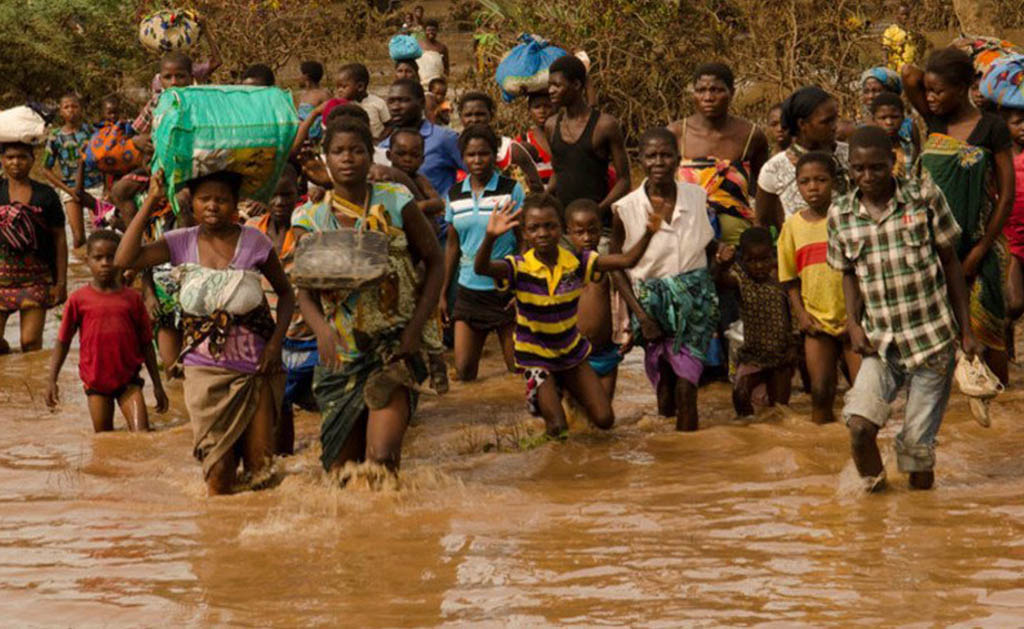It is crucial to recognize the intersectionality of climate change and gender-based violence and take steps to address both. As the quote from Simone de Beauvoir suggests, women’s rights can easily be put in jeopardy during times of crisis, including climate-related disasters. The current situation in Malawi, where Cyclone Freddy has caused the displacement of thousands of people and led to the declaration of a state of disaster, highlights the additional risks faced by women and girls during such emergencies.
Women and girls are disproportionately affected by climate change and its consequences, including displacement, food insecurity, and loss of access to resources and services. This can make them more vulnerable to all forms of gender-based violence, including intimate partner violence, sexual violence, and forced marriage.
It is important to prioritise gender-responsive approaches in disaster management and climate change adaptation efforts. This includes ensuring that women and girls have equal access to resources, services, and decision-making processes, as well as addressing the underlying social and economic inequalities that contribute to gender-based violence. It also involves providing safe and accessible spaces for women and girls, as well as strengthening GBV response services in disaster-affected areas.
Addressing the intersectionality between climate change and gender-based violence is essential to ensuring that women’s rights are protected and that they have the necessary support and resources to adapt to the changing climate. This requires a gender-responsive approach to disaster management and climate change adaptation efforts, as well as addressing the underlying social and economic inequalities that contribute to gender-based violence. This includes investing in GBV response services during emergencies, promoting women’s leadership and participation in climate change adaptation and mitigation efforts, and addressing the root causes of climate change and GBV, such as patriarchy, inequality, and environmental degradation.
It is important to acknowledge that climate change and gender-based violence are not separate issues, but rather a crisis within a crisis. By addressing both, we can work towards a more just and equitable future for all.

Our community needs your help!
Our community located in Neno has been heavily affected by Cyclone Freddy, many have been displaced and are currently living in camps. We aim to raise 5500 USD as our target goal (5.2 MWK); these funds will be used to support families and get them the necessities to support them until they are back on their feet, we intend to support the women and children with food packages, cooking oil, flour, blankets and clothes. Although there have been several reliefs made to support the victims, our target and focus is the rural women and children that have been affected.

